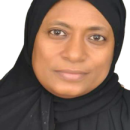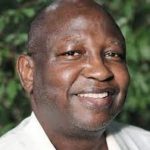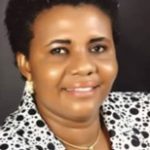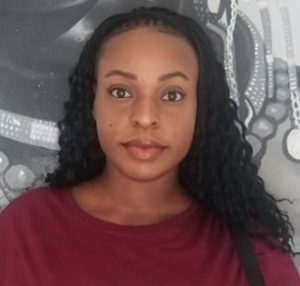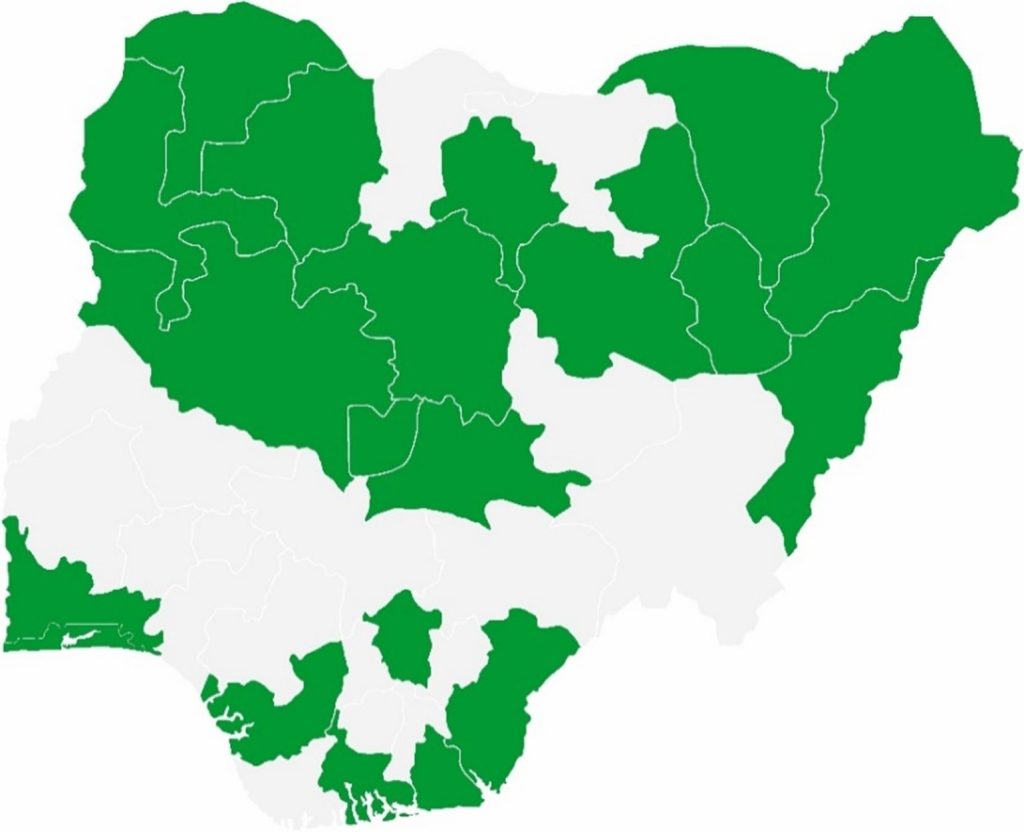Sub-Saharan Africa and other regions in the world are experiencing significant changes: epidemiological shifts in disease spectrum; new emerging pathogens like noroviruses, Ebola, and COVID-19; socioeconomic uncertainty; massive population growth; and climate change impact. To adapt to these changes, we need targeted, evidence-based, and innovative responses.
AFRIDA works across Sub-Saharan Africa with governments, the private sector, and both formal and informal community groups to promote resilience in the face of change for the region’s most vulnerable populations. Our programs target women, children, and the marginalized and hard-to-reach communities, and our toolbox includes a multitude of approaches: from AI-driven technology solutions to in-person grassroots education; from evidence-based health programs to the deployment of innovative clean energy interventions; from community empowerment activities to income-generating opportunities.


